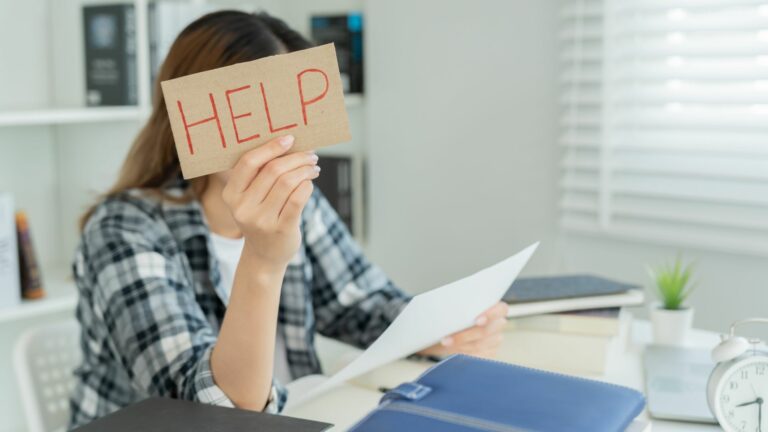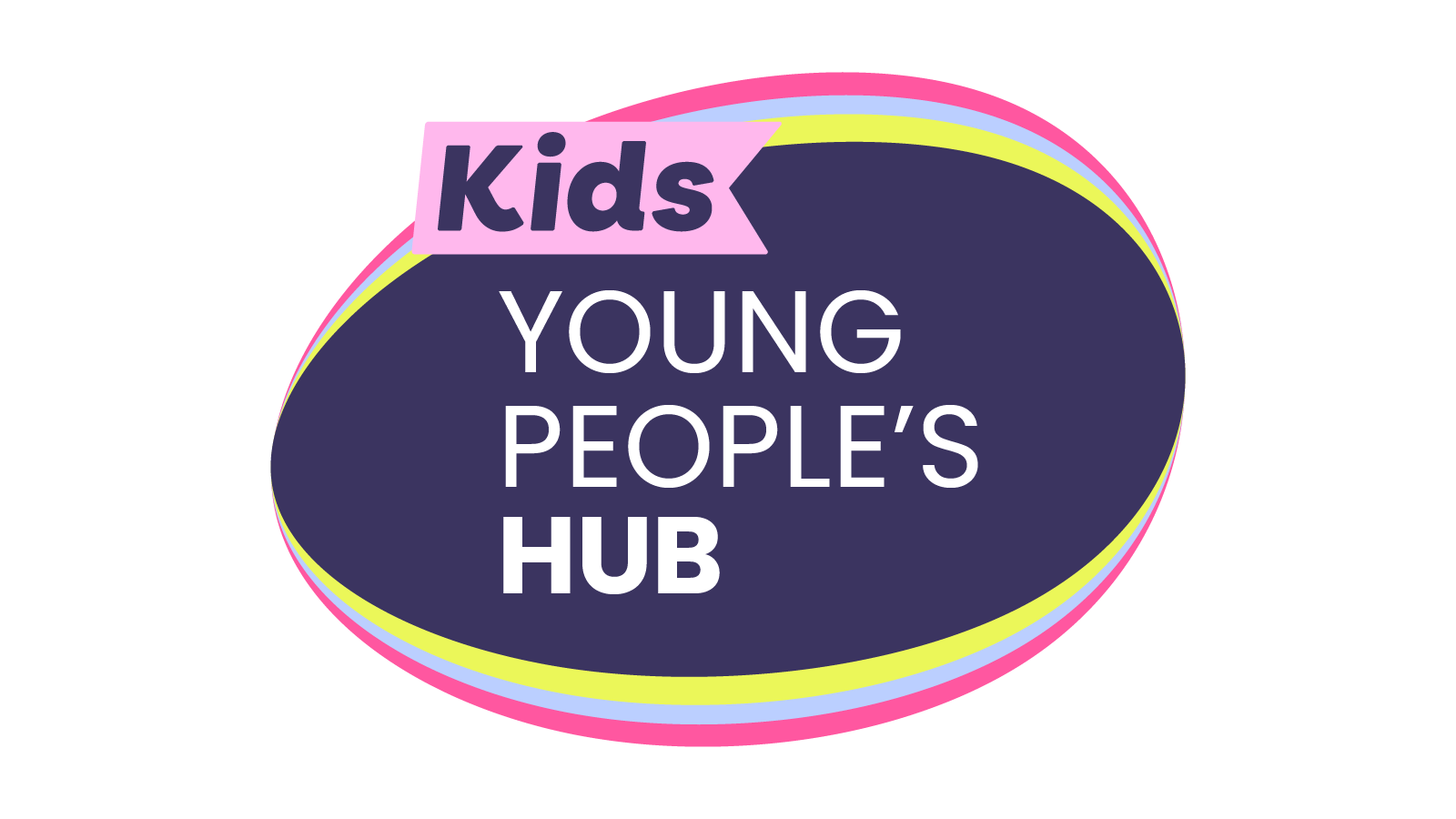What is Autistic Burnout?
Autistic burnout is more than just feeling tired or stressed.
It’s a state of intense physical, mental, and emotional exhaustion, often accompanied by a loss of skills or abilities that you normally have. This can include difficulties with communication, increased sensory sensitivities, and a general feeling of being overwhelmed.
Unlike general burnout, which can happen to anyone, autistic burnout is deeply tied to the challenges of living in a world that isn’t always accommodating to autistic needs.
Here are some personal experiences & tips...
Experiencing autistic burnout can be really tough, and it’s different for everyone.
Four of our young people – Eden, Theo, Troy and Jamie – share their experience with Autistic Burnout, to help you realise you’re not alone…
When have you felt burned out?
Eden: “It was at the start of June. I had a lot of things to juggle like volunteering, homework. So I felt a but burned out.”
Theo: “When I used to go to mainstream school, they didn’t understand my disabilities or support me. I got very burned out and so stopped going there to help my health.”
Jamie: “Whenever I have a lot of homework to do”


What signs do you notice first?
Jamie: “Feeling stressed.”
Theo: “Being more emotional, like crying or getting frustrated more easily. And not being able to cope with normal life.”
Troy: ” Feeling less energy, and getting upset about things not going as I planned. And feeling disorganised.”
Eden: “Feeling more tired, & withdrawing from everyday life.”
What situations tend to overwhelm you the most?
Troy: “Having so much on that I can’t control and feeling that I don’t want to let anyone down with like deadlines I have to complete.”
Jamie: “Just trying to make everyone happy and pleasing people. You can feel you’re not good enough for that person, or they just want something from you. They’re constantly demanding of you, and always expecting stuff from you. It can be draining. Being with people who aren’t going to bring out the best in you can be tiring.”
Eden: “Having too much on my plate and too many responsibilities. Also pressure from others and their expectations.”
Theo: “Being in environments which are very sensory overwhelming. And also doing too much, and not taking any time to rest and relax.”

Common Triggers & Early Signs
Triggers may include:
- Sensory overload
- Social demands
- Changes in routine
- Not having enough downtime.
Signs may include:
- Feeling more irritable
- Having trouble sleeping
- Noticing that everyday tasks are becoming harder.
Paying attention to these signs can help you take action before things get worse.

What helps you avoid or deal with burnout?
Jamie: Mindfulness and breath work help me.
Eden: Speaking to others about how you’re feeling. I also enjoy being creative.
Theo: Resting and relaxing lots, using stimulation tools or fidgets, and spending time with people who make me feel happy and supported.
Troy: Taking breaks when I need to, and learning to say no in order to look after myself mentally & physically. Also doing something I enjoy like creative writing, listening to music or doing mindfulness colouring. And talking to someone about how I am feeling.
How do you make sure you don't burnout that often?
Eden: “Planning things is really important for me.”
Jamie: ” Mindfulness and breath work help. And playing your cards right!”
Theo: “I use visual timetables to help me plan each week. Also, knowing its okay to say ‘No’ to people.”

Tips to prevent & manage burnout
Take regular breaks – it could be homework, a job, or spending time in a big group, make sure you take time out to reset and breathe.
Don’t over commit – try to only say ‘Yes’ to things you feel you’ll enjoy and at a level & pace you’ll be happy with.
Use sensory tools, if you find they help. Make sure to always have some with you, be it a squishy toy or headphones.
Set clear boundaries. Make sure your family, friends, school or work know what you’re comfortable with and capable of.
Practice self-care. Find time throughout your day to look after yourself. This might be with meditation, being creative, going for a walk, listening to favourite music… whatever lifts & heals your spirits.
Reach out to trusted friends & family, and share how you’re feeling. They can offer support & understanding, and sharing your feelings often helps your mental health.
What's your advice for someone with autistic burnout ~?
Jamie: “I know it sounds cliché, but take each day as it comes. If you’ve got stuff going on, make sure that you know what you’re doing and try to plan for that one day. If there’s anything you can’t do, just take a step back and reflect on how you’re getting on.”
Theo: “Everyone is different – but my advice is always remember your wellbeing is more important than anything else. There is always someone out there who will listen & care about you. And check yourself for how you’re feeling each day – you can see if you start to become burned out and can stop it before it get worse.”

Activities to help with self-care
Eden, Troy, Theo and Jamie have some handy suggestions for you to try…
- go for a walk
- start reading a book that you think you’ll enjoy
- try using self-care apps
- grab fidget toys or stress balls
- listen to some of your favourite music
- rest and relax
- snuggle with comfy blankets & cuddly toys
- do something creative, like drawing, photography, doodling, colouring…
Resources
Some extra info you might find useful…
Activities
We have a lovely range of activities that might help. Choose something creative, mindful, self-care focused & more to help with any burnout
Local library
Check out your local library for books, magazines, and audio books that can help with self-care. There is also a reading app called Libby where you can ‘borrow’ digital books
Other stories you might like




